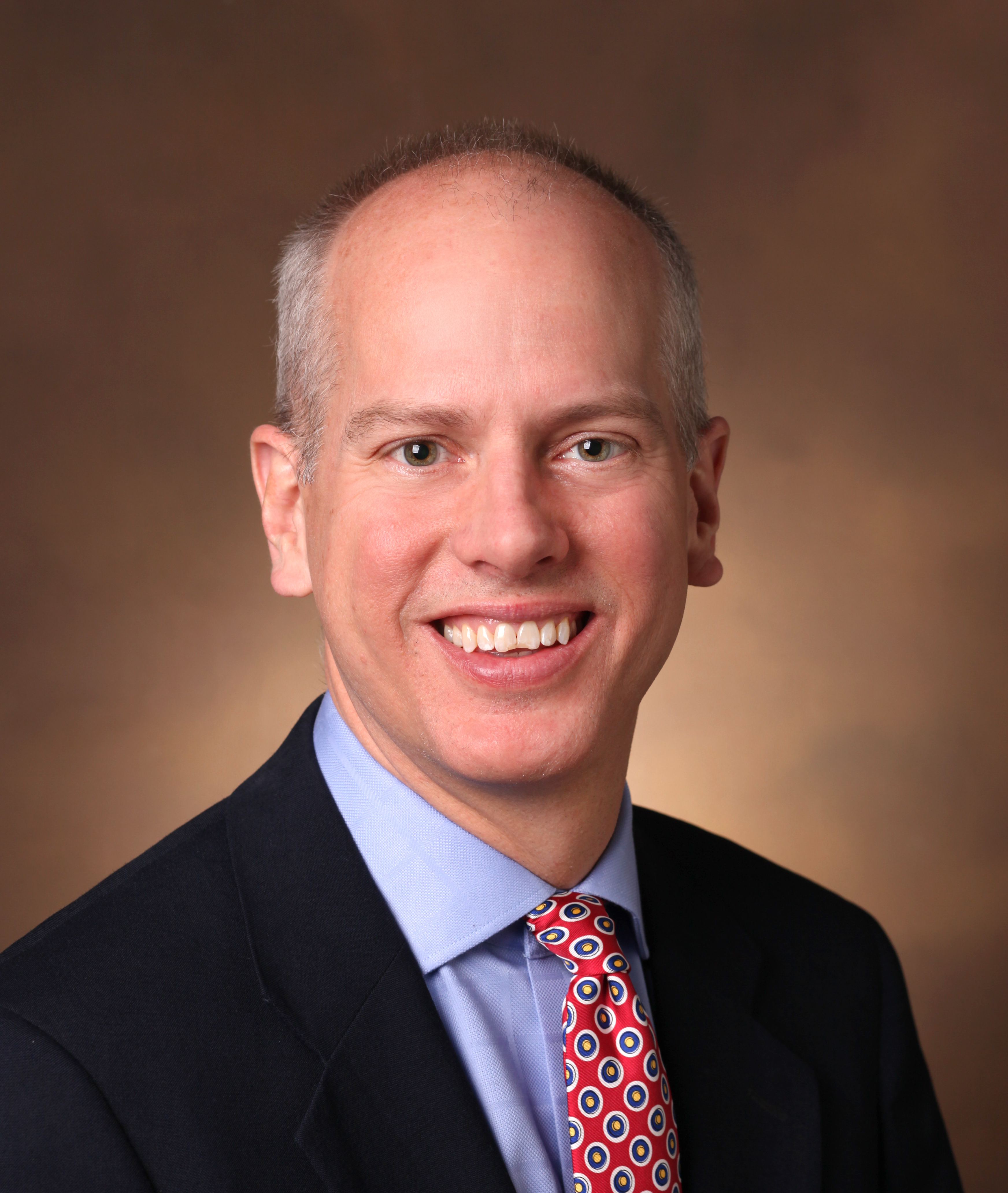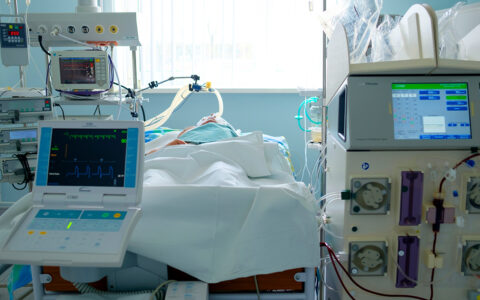A study recently published in JAMA Network Open shows that surgeons are more likely than other physicians to be named in co-worker reports of unprofessional behavior.
Pediatric specialists, in contrast, were least likely to trigger reportable concerns.
William O. Cooper, M.D., M.P.H., Cornelius Vanderbilt Chair, Professor of Pediatrics and Health Policy and president of the Vanderbilt Health Center for Patient and Professional Advocacy, led the study. In his previous research, Cooper has shown that patient and coworker reports of unprofessional behaviors are tied to increases in medical complications, concerns over well-being, and malpractice claims.
“Unprofessional behaviors threaten individual and team function,” Copper said. “We set out to assess the proportion of physicians by specialty who demonstrate unprofessional behaviors.”
Retrospective Cohort
The Coworker Concern Observation Reporting System (CORS), directed by the Vanderbilt Center for Patient and Professional Advocacy, works with 193 hospitals and practice sites that submit safety-event reports for analysis. The information provided can be used to deploy a series of tiered interventions aimed at reducing unprofessional behaviors.
Qualitative codes track individual reports of unprofessional behavior, and clinicians with repeated concerns are identified.
“These clinicians receive feedback designed to promote self-regulation and reduce future patterns of unprofessional behavior,” Cooper said.
Cooper and his team analyzed deidentified data on credentialed physicians who practiced at a CORS site between 2018 and 2022, working in collaboration with Steven Webber, MBChB, former chair of Vanderbilt’s Department of Pediatrics.
The retrospective analysis included 35,120 physicians. Just over 52 percent of that total were nonsurgeon nonproceduralists. Surgeons and nonsurgeon proceduralists made up 23 and 19 percent, respectively, of those included. Emergency medicine physicians rounded out the cohort at 5.3 percent.
The researchers found that 9.1 percent of the total had received at least one coworker report of unprofessional behavior. Less than 1 percent of physicians received two or more reports.
“Health care leaders can use these data to emphasize the importance of professional accountability, which leads to optimal individual and team function.”
Overall, nonsurgeon nonproceduralists had the lowest proportion of reports, with 5.6 percent having at least one report. Next-lowest were emergency medicine doctors, at 10.9 percent. About 12 percent of nonsurgeon proceduralists received at least one coworker report.
Surgeons had the highest rate, at 13.8 percent. Pediatric-focused nonsurgeon nonproceduralists were significantly less likely to be associated with a CORS report than their adult-medicine counterparts.
“Surgeons were most likely to receive a coworker report, and physicians with a pediatric focus were the least likely to receive a report of unprofessional behavior,” Cooper said.
Cooper and his co-investigators suggested that variables may include the environment in which surgeons practice. Performing skills at such a high level while faced with potentially life-altering outcomes, the specialty could be considered more demanding than others, resulting in high-stress scenarios that may raise the likelihood of reportable behavior.
Implications for Leaders
The results have several implications for healthcare leaders, as they use it to inform interventions and support in efforts to promote the best individual and team performance.
“Healthcare leaders can use these data to emphasize the importance of professional accountability, which leads to optimal individual and team function,” Cooper noted.
“Identified clinicians receive feedback designed to promote self-regulation and reduce future patterns of unprofessional behavior.”
For next steps, Cooper and his team are planning to investigate whether the results are generalizable to other groups, such as medical trainees. “We’re excited to explore these and other questions in future studies,” he said.




